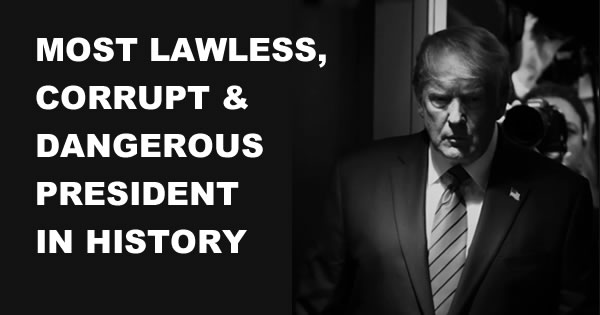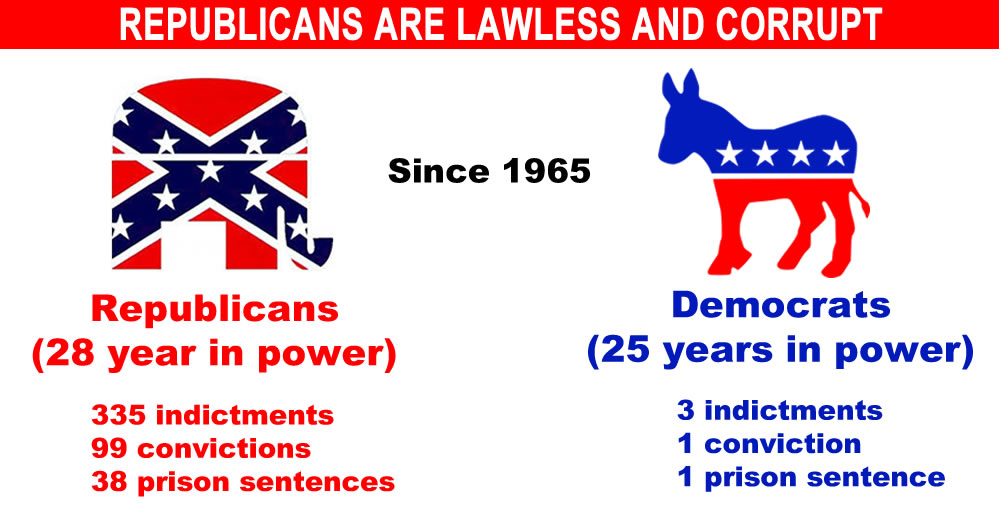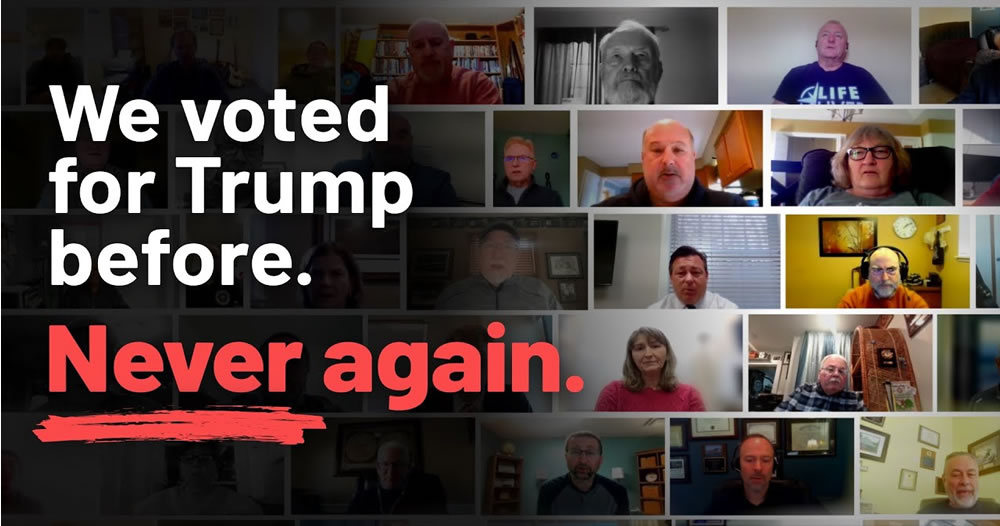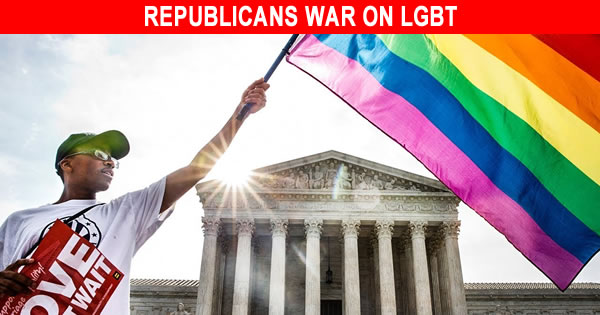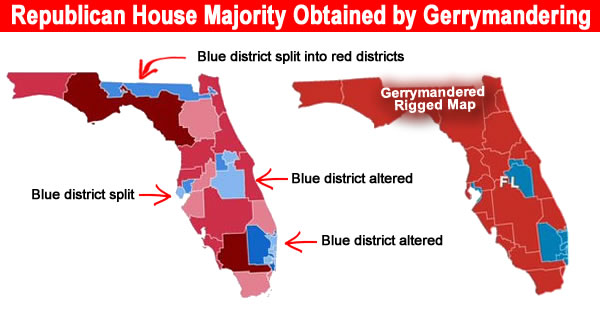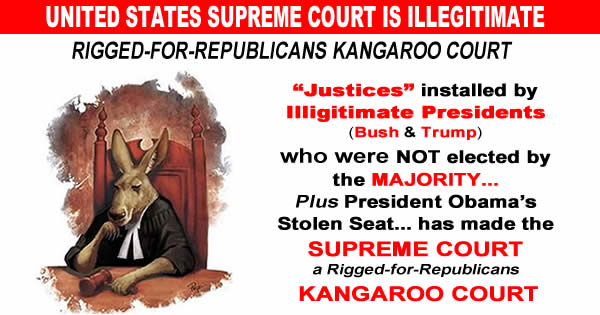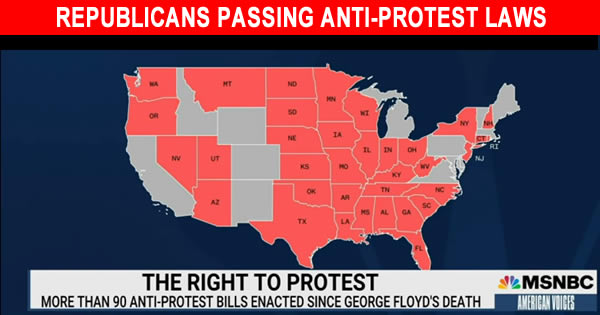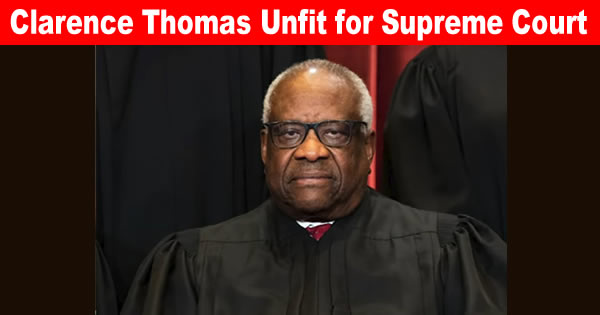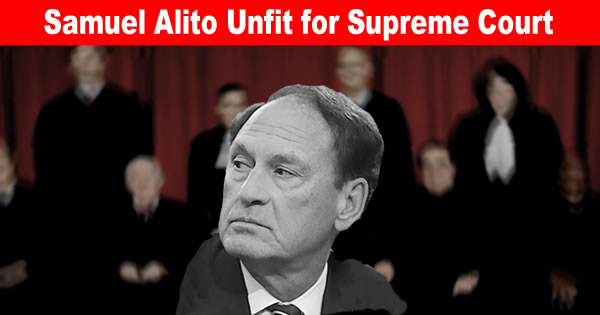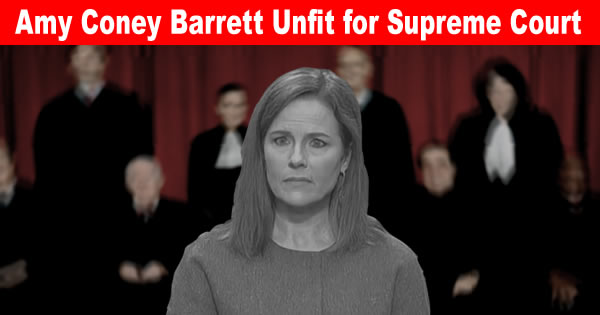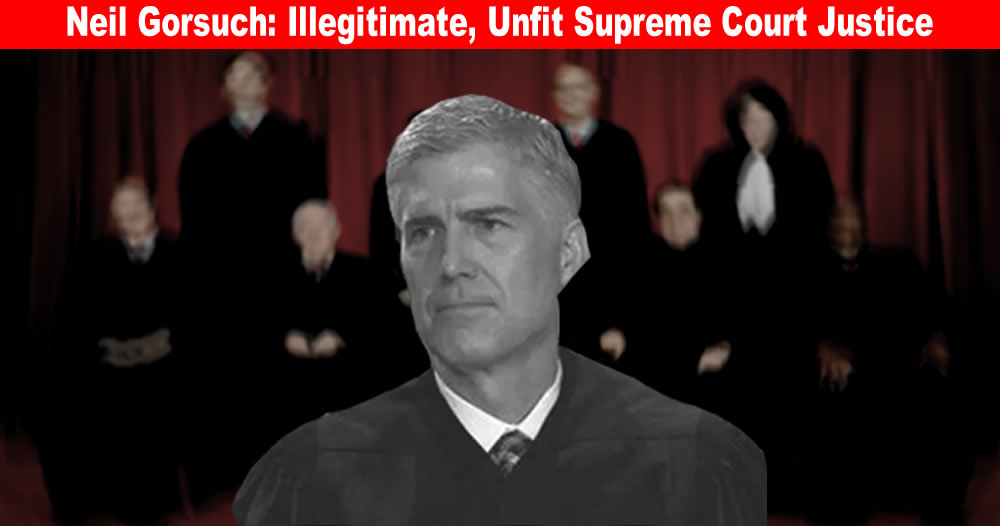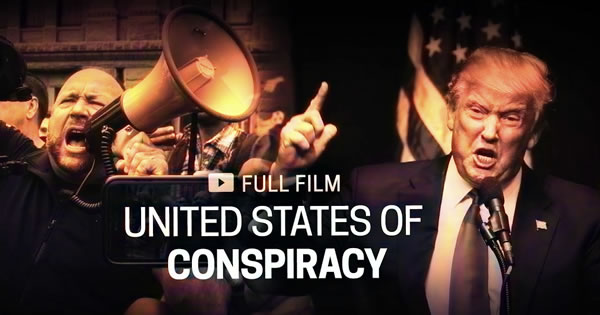Fed-Up Republicans Quit the Republican Party
Fed-Up Republicans are leaving the Republican Party over Trump, bigotry, hate, and MAGA extremism
Republican Congressman Paul Mitchell leaves the GOP
In an exclusive interview, Rep. Paul Mitchell, Republican of Michigan, tells CNN’s Jake Tapper that his disappointment with President Trump’s efforts to overturn the results of the election have led him to request that the Clerk of the House change his party affiliation to “independent.”
Republican Strategist Steve Schmidt quits the Republican Party and becomes a Democrat
Longest Serving Republican in Iowa Changes Party Over Trump
Texas Judge Leaves Republican Party Over Anti-Gay ‘Pettiness & Bigotry’
Texas Judge Carlo Key joins Rev. Sharpton to explain why he quit the GOP and joined the Democratic party, citing bigotry, hate, and extremism from the Tea Party taking over the party.
Many Republican are getting fed up with extreme positions and leaving the Party. Some are becoming Democrats
Poll: Growing Number of Republicans Dislike GOP
In the latest WSJ/NBC poll is a disturbing reality for the Republican Party. Put simply, Democrats are largely content with their own party, while distaste among Republicans for the GOP has grown exponentially this year.
Poll: Growing Number of Republicans Dislike GOP
In the latest WSJ/NBC poll is a disturbing reality for the Republican Party. Put simply, Democrats are largely content with their own party, while distaste among Republicans for the GOP has grown. Continue…
Confessions of a former Republican
Jeremiah Goulka: How I learned to stop loving the bombs and start worrying
Confessions of a former Republican
This is a “must read” insight into the mindset and culture of Republicans, written by Jeremiah Goulka and published at tomdispatch.com
“There’s an old joke we Republicans used to tell that goes something like this: “If you’re young and not a Democrat, you’re heartless. If you grow up and you’re not a Republican, you’re stupid.” These days, my old friends and associates no doubt consider me the butt of that joke. But I look on my “stupidity” somewhat differently. After all, my real education only began when I was 30 years old.
This is the story of how in New Orleans after Hurricane Katrina and later in Iraq, I discovered that what I believed to be the full spectrum of reality was just a small slice of it and how that discovery knocked down my Republican worldview.
I always imagined that I was full of heart, but it turned out that I was oblivious. Like so many Republicans, I had assumed that society’s “losers” had somehow earned their desserts. As I came to recognize that poverty is not earned or chosen or deserved, and that our use of force is far less precise than I had believed, I realized with a shock that I had effectively viewed whole swaths of the country and the world as second-class people.
No longer oblivious, I couldn’t remain in today’s Republican Party, not unless I embraced an individualism that was even more heartless than the one I had previously accepted. The more I learned about reality, the more I started to care about people as people, and my values shifted. Had I always known what I know today, it would have been clear that there hasn’t been a place for me in the Republican Party since the Free Soil days of Abe Lincoln.
Left Behind By the Party
In January 2001, I was one of thousands of Americans who braved the cold rain to attend and cheer George W. Bush’s inauguration. After eight years hating “Slick Willie,” it felt good to have a Republican back in the White House. But I knew that he wasn’t one of our guys. We had been McCain fans, and even if we liked the compassionate bit of Bush’s conservatism, we didn’t care for his religiosity or his social politics.
Bush won a lot of us over with his hawkish response to 9/11, but he lost me with the Iraq War. Weren’t we still busy in Afghanistan? I didn’t see the urgency.
By then, I was at the Justice Department, working in an office that handled litigation related to what was officially called the Global War on Terror (or GWOT). My office was tasked with opposing petitions for habeas corpus brought by Guantanamo detainees who claimed that they were being held indefinitely without charge. The government’s position struck me as an abdication of a core Republican value: protecting the “procedural” rights found in the Bill of Rights. Sure, habeas corpus had been waived in wartime before, but it seemed to me that waiving it here reduced us to the terrorists’ level. Besides, since acts of terrorism were crimes, why not prosecute them? I refused to work on those cases”.



